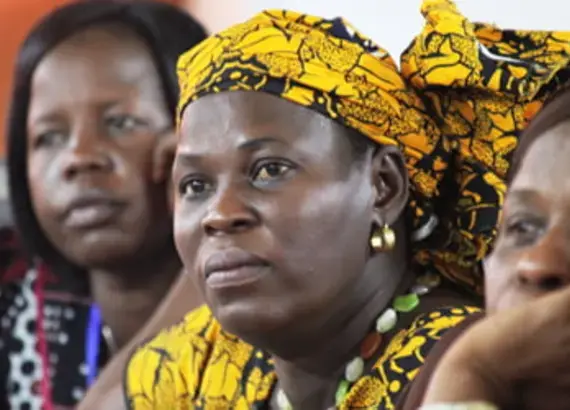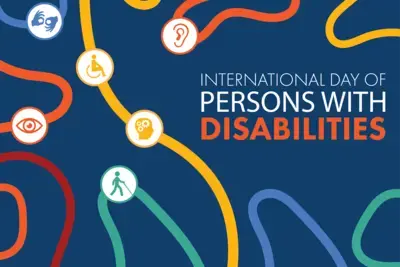
Success Story
Southern Sudanese Women’s Coalition Calls for More Inclusive Constitution
When South Sudan became the world’s newest country on July 9, it joined the community of nations with a new constitution adopted by the Southern Sudan Legislative Assembly in an eight-hour session on July 6. Now it must work to develop a permanent constitution, and many citizens and civic groups are eager to lend a hand.
One such organization is the Southern Sudan Women’s Constitutional Coalition (SSWCC), which grew out of a gathering of Sudanese women leaders who were brought together in May by NDI and the Institute for Inclusive Security. They convened to review and weigh in on the transitional constitution as it awaited approval from the Legislative Assembly. While the review timeline was only the matter of a couple months, various civic groups -- including NDI partner the Sudanese Network for Democratic Elections -- voiced concerns about the transitional constitution that will likely factor into the drafting process for a permanent constitution, which is expected to take four years.
Over the three-day conference, the women leaders dug into the particulars of the constitution, which many participants were reading for the first time. They broke into groups, each dissecting particular sections, and they identified places where the document could be more sensitive to women’s issues.
Women leaders from the larger region also attended, including constitutional experts from Kenya and Uganda, which have recently undertaken constitutional reviews, to share their experiences.
On the third day, women leaders from civil society came together with women from the parliament, the executive and political parties and agreed upon three thematic issues to address in the transitional constitution. It was from this meeting that the SSWCC was born to ensure that their voices were heard throughout the transitional and permanent constitutional processes.
The first issue the women tackled was the quota for women’s political participation. The constitution established by Sudan’s 2005 Comprehensive Peace Agreement required that women make up 25 percent of the legislature. On the campaign trail, South Sudan President Salva Kiir promised to increase the quota to 30 percent. The SSWCC called on the president to uphold his promise of a 30 percent quota that would also include all levels of government institutions, including the judiciary.
Second, the coalition called for the new constitution to address weaknesses in the government’s separation of powers, such as the fact that governors can be removed from office at the behest of the president. The SSWCC advocated for the president to have the power to recommend the removal, but that only the state assemblies have the power to impeach them.
Third, the SSWCC asked that the process of developing the permanent constitution start within six months of independence.
“There’s a real desire not just to talk about women’s issues but to talk about issues that were of importance to citizens and democracy and peace and development,” said Susan Stigant, NDI’s resident senior program manager in Sudan. “What we heard from the women is, ‘We struggled for democracy. Democracy means accountability and checks and balances, so we want to demand that those checks and balances are in place.’”
The women developed messages for a one-page advocacy document. SSWCC members also met with legislative assembly committees to present their views on the constitution and were assisted by their coalition members from the parliament. While the transitional constitution does not reflect the changes advocated by the SSWCC, the coalition aims to leverage relationships formed over the past few months to shape the permanent constitution.
After the conference, six participants took part in a panel discussion that aired throughout the country in three 15-minute segments by the Sudan Radio Service, NDI’s long-time radio partner.
- Listen to the first segment of the radio program
- Listen to the second segment of the radio program
- Listen to the third segment of the radio program
Related:
Published July 19, 2011



